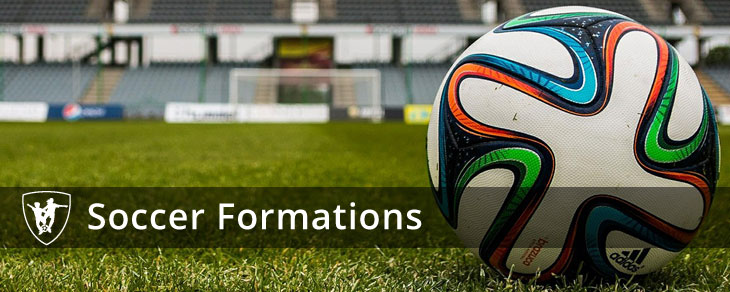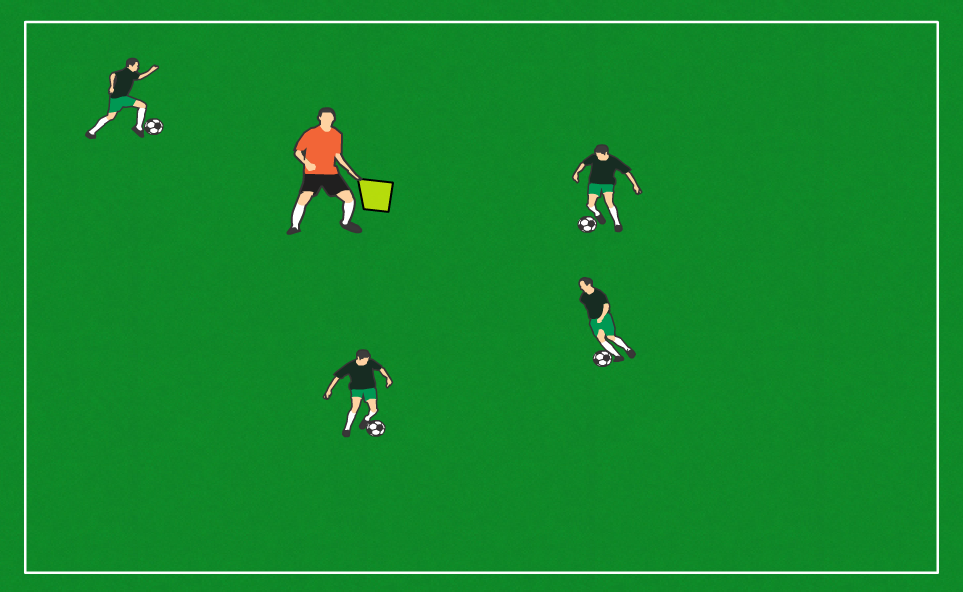In the span of less than 90 seconds today (Aug 14, 2016), Arsenal’s Theo Walcott managed to earn a penalty kick, miss it, and then score a goal from the run of play against rivals Liverpool. The reason for the ultimate success, just shortly after a deflating failure, is the mental fortitude Walcott displayed.
We as youth coaches play a huge role in developing that mental strength that can make the difference between our players walking away with a negative or a positive experience.
When players make a mistake they first look to their coach for a reaction. If our reaction – both physical and verbal – is positive, or at least not negative, then the players are bound to recover from the mistake quicker. A quick recovery is in the interest of both, the player and the team, because the players making mistakes – and there will be many players making many mistakes at the youth level – will be able to focus their skills and abilities towards helping the team, rather than dwelling on the mistake and missing segments of the game.
If possible, the coaches should make every effort to:
- Avoid making facial expressions that can be associated with anger or disappointment after a mistake is made
- Instead offer praise for the player’s effort. A quick handclap is often enough
- Follow any physical reaction with words of encouragement
- “Great try” is often enough
- Follow the reaction with a teaching moment
- “Next time try this other way”
SOMETHING TO THINK ABOUT: During my soccer college career, a sports psychologist discussed with our team the difference between college and professional players. The conclusion was that the training the two sets of players were exposed to was relatively similar, as was the intensity, yet the professional players had a huge edge over the college players in mental strength. This was measured in terms of recovery time after a mistake was made.
It took a college player several minutes to get over a mistake – it took high school players about one half of a game and youth players the entire game – while a professional player recovered in a matter of seconds. Theo Walcott’s goal against Liverpool goes to prove the point.
Imagine if one of your players missed a penalty kick midway through the first half. How long would it take them to recover, and what could you do to help them get their head back in the game?









